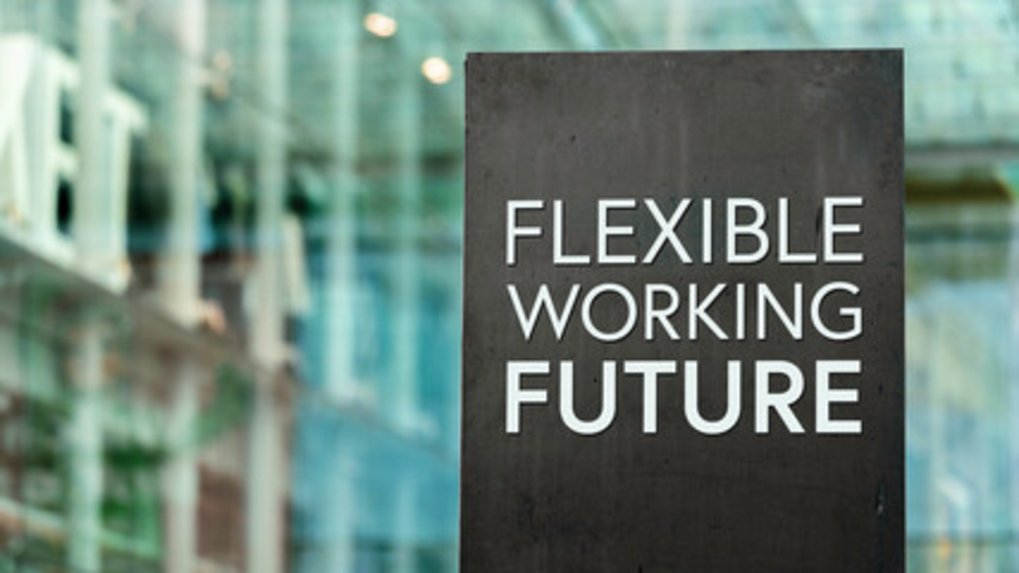
The Government’s 2019 manifesto committed to encourage and promote flexible working and, subject to consultation, introduce measures to help make it the default unless employers have good reasons not to.
The pandemic has forced flexible working on many employers and employees and calls for more rights to flexible work have been on the increase.
This consultation sets out five proposals for reshaping the existing regulatory framework so that it better supports the objective of making flexible working the default.
It considers:
- granting a right to request fexible working from the first day of work;
- whether the eight business reasons for refusing a Request (actually set out in the Employment Rights Act 1996 (ERA): extra costs that will be a burden on the business, work cannot be reorganised among other staff, people cannot be recruited to do the work, flexible working will negatively affect quality, flexible working will negatively affect performance, the business’ ability to meet customer demand will be negatively affected, there’s a lack of work to do during the proposed working times, the business is planning structural changes) all remain valid;
- requiring the employer to suggest alternatives;
- the administrative process underpinning the Right to Request Flexible Working;
- and requesting a temporary arrangement.
The government proposes to reconvene its Flexible Working Taskforce to provide wider advice on best practice, with an immediate focus on the “where” of work, including hybrid working.
It also says it will launch a call for evidence looking at the sorts of “extra” flexibility people may need to help them live their lives in the best way they can, exploring the need for “ad hoc” and informal flexibility.
It is expected, considering the impact assessment published with the consultation, that no measures come into force before April 2023.
As part of this wider discussion about making flexible working the default, the consultation also explains how Government is taking forward the July 2019 “Good Work Plan: Proposals to support families” consultation on measures to promote greater transparency about flexible working and family-related leave and pay policies, and the proposal to require employers to say whether jobs may be open to flexible working in the advert.
The proposals included in the consultation are built around the principle that working arrangements are best decided through a constructive, open-minded discussion between employer and employee.
Whilst certain ways of working may suit some employers and employees, they won’t suit all – and therefore it is important that Government does not prescribe specific arrangements in legislation but rather provides an enabling framework within which such conversations can take place openly and fairly.
The proposals in this consultation seek to ensure that this framework supports flexible working in all its forms – so that employers and employees are better able to consider and make arrangements which suit their particular circumstances.
Central to this is encouraging conversations that support genuine two-sided flexibility, which can bring benefits to both individuals and businesses through greater employee motivation, a reduction in staff turnover and recruitment costs, and increased productivity.